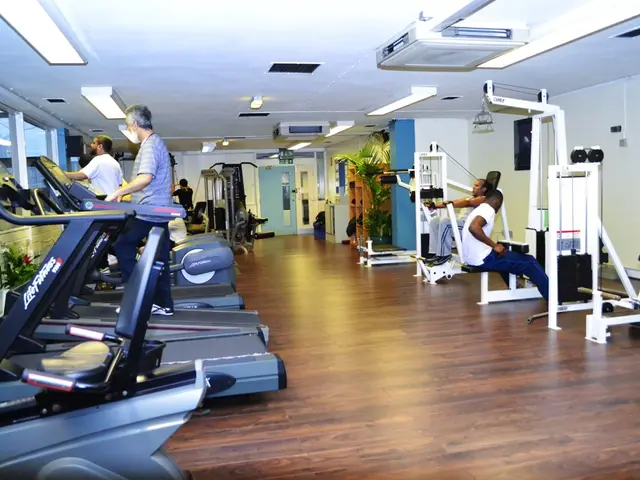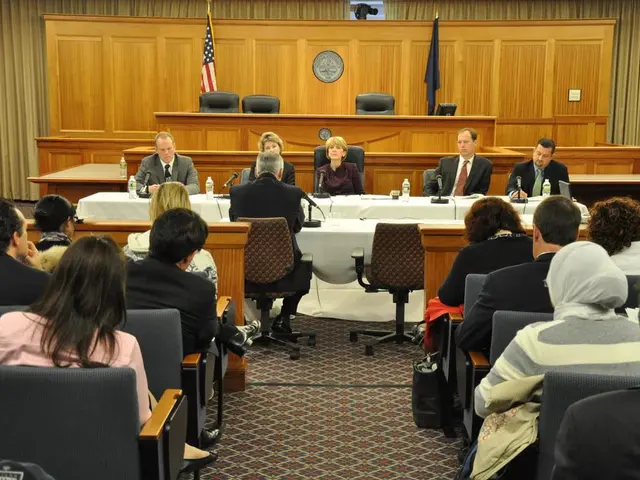Aging indeed accelerates the passing of time, making each moment seem fleeting.
As a natural part of aging, our perception of time changes significantly, and this shift has sparked the interest of scientists seeking to understand why days and years seem to pass by more rapidly as we grow older.
This phenomenon may stem from a combination of psychological and physical alterations within the brain.
For starters, routine and monotony play a crucial role in shaping our perception of time. As we age, our lives may become more structured, filled with repetitive tasks and fewer groundbreaking experiences. This, in turn, can blur the lines between days and weeks, causing time to seem like it's slipping away.
From a brain efficiency perspective, growing older often means better processing skills. The brain becomes adept at handling routine tasks with less mental effort, which could explain why we perceive time as moving faster.
There's also a difference in how we process time measured by clocks and time experienced by our minds. Adrian Bejan from Duke University suggests that the speed of mental image generation slows with age due to physical changes like degradation of neural pathways and a decrease in sensory organ stimulation.
Now, what about those days when time seems to stretch out? These instances often occur during periods packed with novel experiences or productivity, as our minds process more information and create a larger quantity of mental images. A well-rested mind, much like an alert athlete or focused student, can take in more of the world around them, making those days feel longer.
The role of social media in our perception of time is another pressing concern. With an endless stream of updates and posts, it's easy to lose track of time when engrossed in these platforms, potentially affecting cognitive functions and altering our perception of time even further.
Psychology professor Cindy Lustig from the University of Michigan adds another dimension to this discussion. She believes that as we grow older, our brains find it more challenging to differentiate between similarly structured days due to the lack of unique events and experiences to mark the passage of time.
Scientists continue to debate the exact causes of this change in time perception, and while Bejan's theory about physical changes in the brain is compelling, not everyone agrees entirely. Likewise, Lustig challenges some of his points, particularly those relating to head size affecting perception.
Ultimately, the truth about time perception may lie somewhere between these explanations, with physical changes and routines contributing to our altered perception. By actively seeking new experiences and consciously engaging our minds, we may be able to slow down the subjective passage of time and make each moment count a little more.
The study behind these findings was published in the European Review journal.
Sources:European Review, Earth.com
mental-health: As we age, the altered perception of time can potentially impact mental health, contributing to feelings of faster-moving time that might lead to anxiety or a sense of time slipping away.
health-and-wellness: To combat the subjective passage of time and promote overall well-being, incorporating diverse and stimulating experiences into our daily lives can help maintain a healthy perception of time, making each moment more meaningful and fulfilling.








